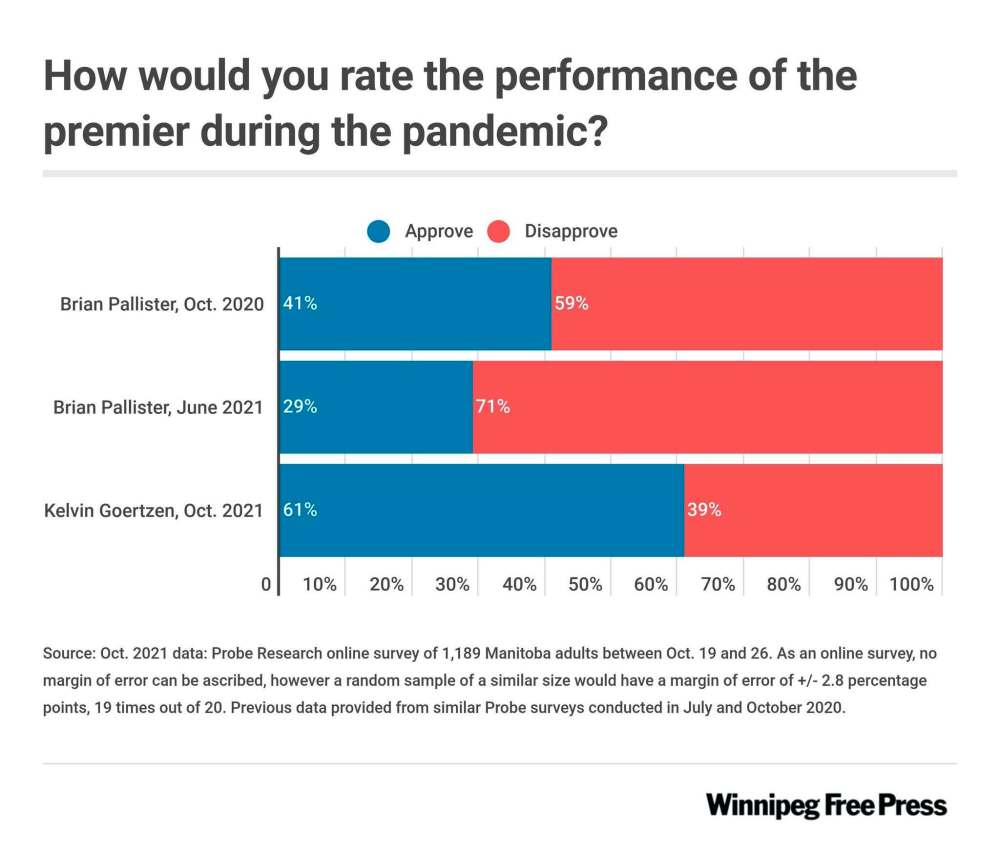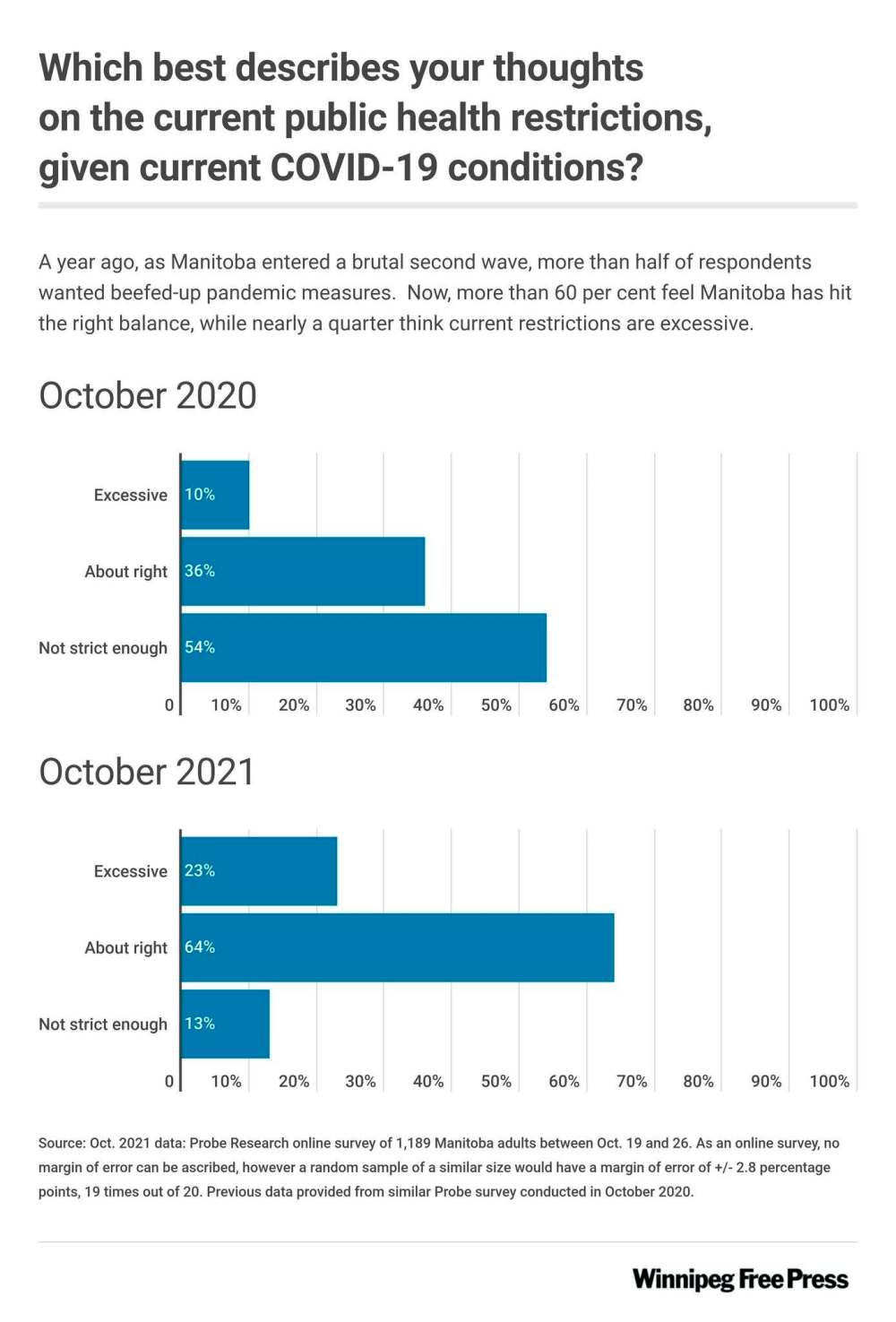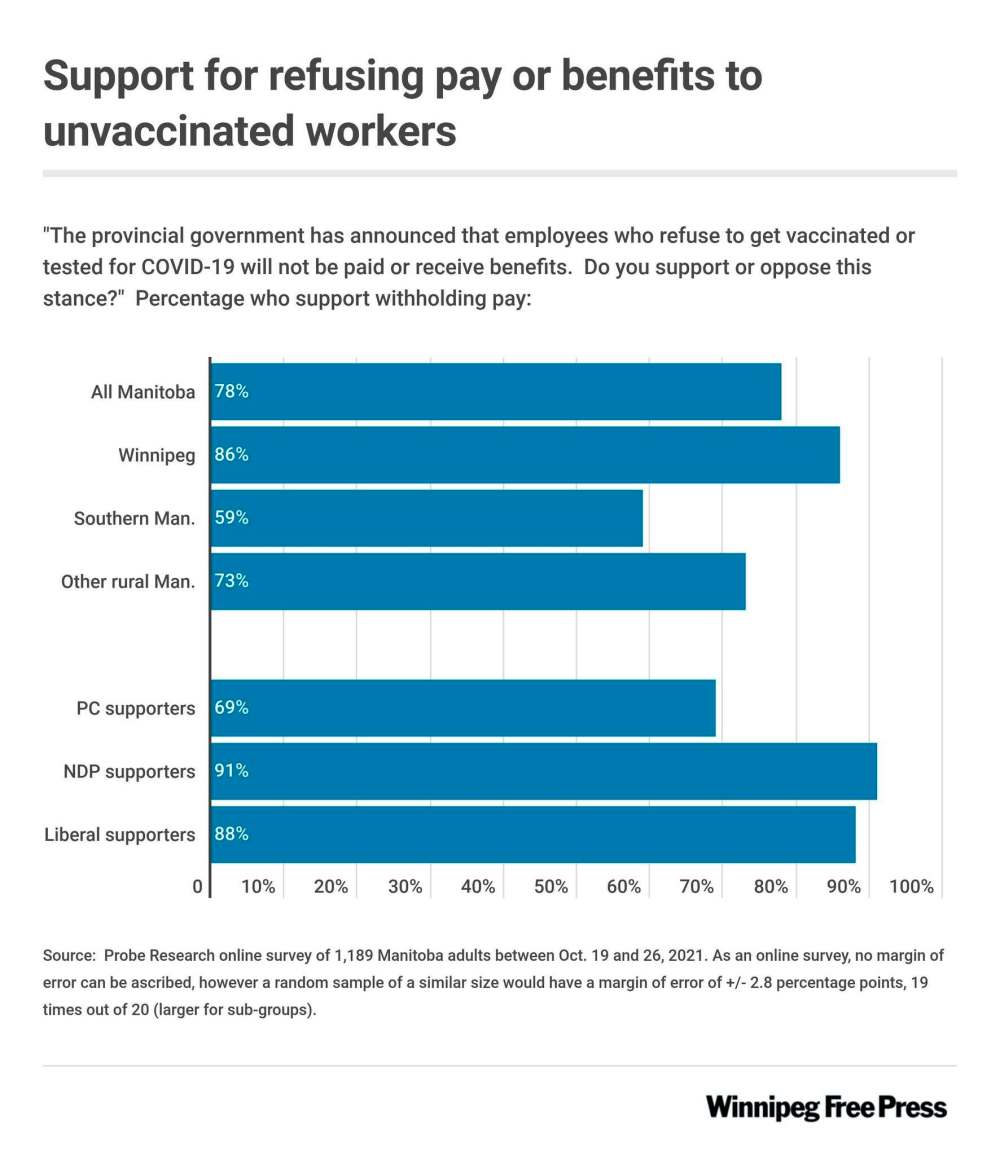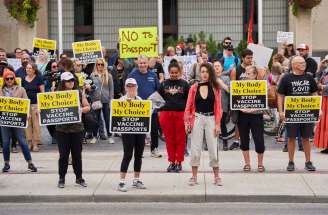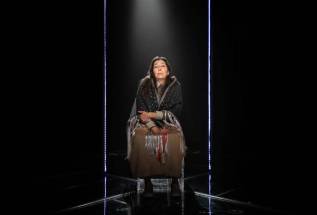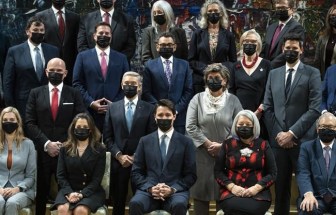Fringe benefits While polling shows most Manitobans support current public-health measures, PC leadership candidates continue to appeal to faction of restriction opponents
Read this article for free:
or
Already have an account? Log in here »
To continue reading, please subscribe:
Monthly Digital Subscription
$0 for the first 4 weeks*
- Enjoy unlimited reading on winnipegfreepress.com
- Read the E-Edition, our digital replica newspaper
- Access News Break, our award-winning app
- Play interactive puzzles
*No charge for 4 weeks then price increases to the regular rate of $19.00 plus GST every four weeks. Offer available to new and qualified returning subscribers only. Cancel any time.
Monthly Digital Subscription
$4.75/week*
- Enjoy unlimited reading on winnipegfreepress.com
- Read the E-Edition, our digital replica newspaper
- Access News Break, our award-winning app
- Play interactive puzzles
*Billed as $19 plus GST every four weeks. Cancel any time.
To continue reading, please subscribe:
Add Free Press access to your Brandon Sun subscription for only an additional
$1 for the first 4 weeks*
*Your next subscription payment will increase by $1.00 and you will be charged $16.99 plus GST for four weeks. After four weeks, your payment will increase to $23.99 plus GST every four weeks.
Read unlimited articles for free today:
or
Already have an account? Log in here »
Hey there, time traveller!
This article was published 28/10/2021 (1503 days ago), so information in it may no longer be current.
Both candidates vying to become Manitoba premier this weekend have pledged to shake up the province’s handling of COVID-19 — but new polling suggests that’s not what most Manitobans want.
PC party leadership candidates Shelly Glover and Heather Stefanson, one of whom will become the first female premier of the province, told the Free Press in separate interviews this week that change is needed.
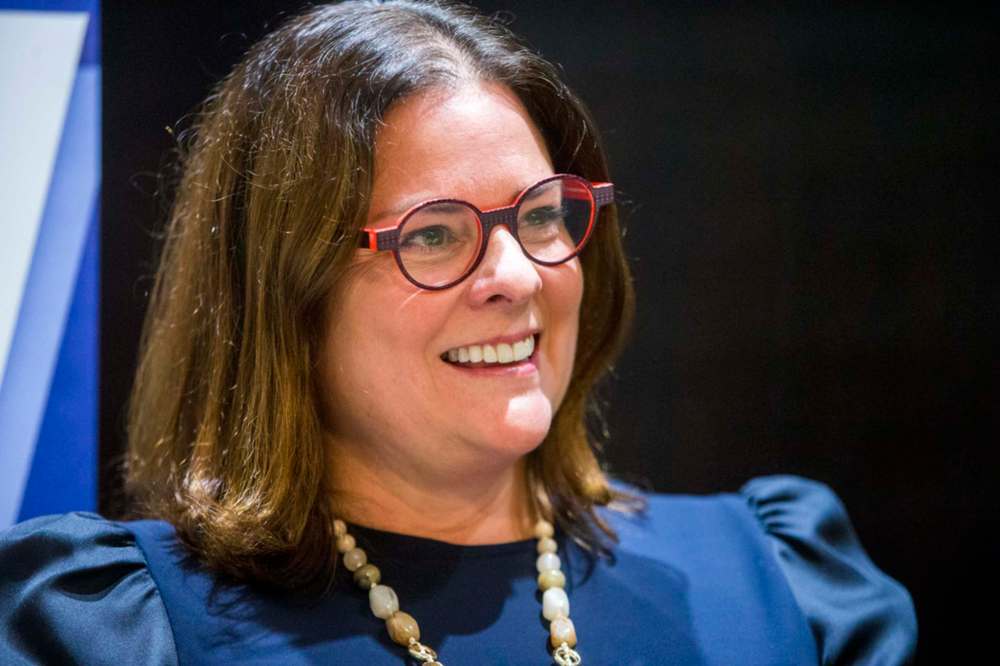
Glover criticized the Tory government’s communication throughout Manitoba’s pandemic response. Stefanson, who served as health minister from January to August of this year, said government must adopt “a different way of doing things.”
“The broad majority of Manitobans, when it comes to a lot of this stuff, are quite comfortable with the restrictions as they are, and in some cases would even want the government to continue to go further,” said Curtis Brown, a principal with Probe Research, who shared the results with the Free Press.
“There’s a significant chunk of the Tory base that isn’t happy about further restrictions, and wants things to be more open, and that’s the challenge for them.”
Methodology
Probe Research surveyed a representative sample of 1,189 adults in Manitoba, from Oct. 19 to 26 online.
While online surveys cannot have margins of error, an equivalent, random phone poll would have a margin of 2.8 percentage points, 19 times out of 20.
His firm polled 1,189 Manitobans in the week leading up to this Tuesday, and found 77 per cent felt the PC government was doing better than its peers in Alberta and Saskatchewan, whose hospitals have been maxed out after mask mandates and most public-health restrictions were scrapped.
The PC government’s fortunes have risen since June, as Manitoba has largely avoided the fourth wave.
Premier Kelvin Goertzen, whose two-month stint as premier ends this weekend, has 61 per cent approval, compared with the 29 per cent approval rating former premier Brian Pallister garnered in June, when Manitoba scrambled to evacuate ICU patients to other provinces.
“That’s why you see such a big jump, but I’m a little surprised that’s how high it is, at double what Brian Pallister’s (approval) was,” Brown said.
Similarly, Health Minister Audrey Gordon has 53 per cent approval, up from the 45 per cent her predecessor, Stefanson, had garnered.
Some 64 per cent of respondents feel Manitoba has hit the right balance of COVID-19 restrictions, with 23 per cent deeming them excessive and 13 per cent wanting even more restrictions.
That’s a huge change from a year ago, as Manitoba entered a brutal second wave, when just 36 per cent felt the province hit the right balance, 54 per cent wanted beefed-up pandemic measures and just 10 per cent found the rules excessive.
Félix Mathieu, a political scientist at the University of Winnipeg, did his own polling in February for a research project, and found Manitobans were split equally over whether to prioritize the economy or COVID-19 prevention.
To now have majority support for the status quo means most feel the province has struck the right balance, Mathieu said.
“People have been more comfortable with these (prevention) measures. They accept them as being more normal,” said Mathieu.
“This creates a certain clash with a portion of the PC membership,” he said, specifically those former leadership hopeful Ken Lee signed up, as he gained approval from groups opposing public-health measures.
Prominent party members like Sandy Riley have warned that Lee, who was not allowed by the party to run for the leadership, signed up a large number of party members who disagree with many COVID-19 restrictions.
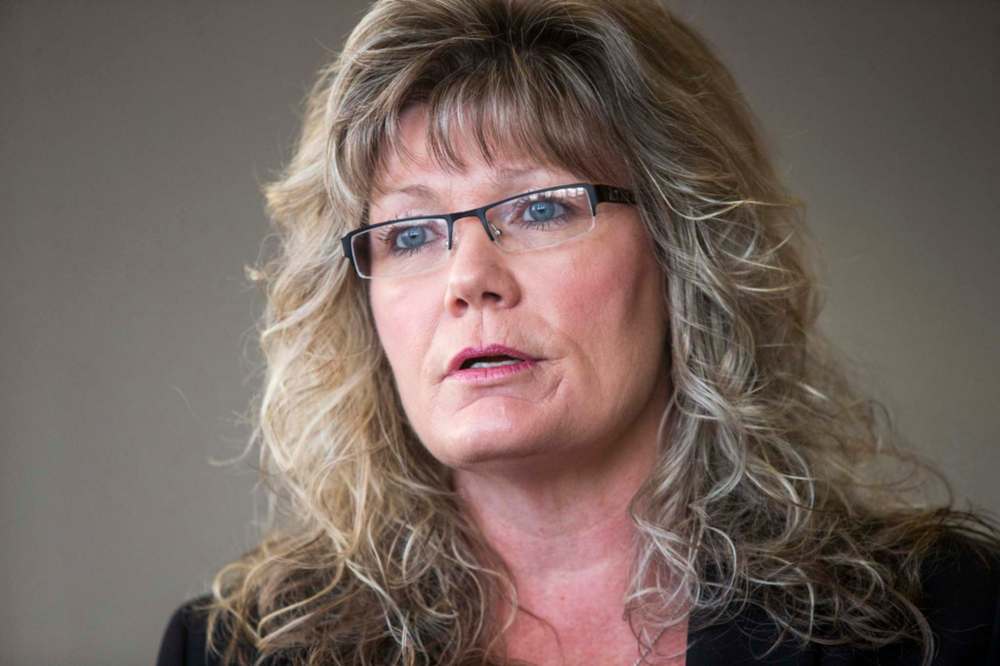
Mathieu said Glover has been more vocal about attracting those voters than Stefanson, who has the support of most of the PC caucus.
“The issue is, if Shelly Glover wins, she already has appealed to this faction of the population — mostly rural members of the PC (party) who are mostly against these hardcore (COVID-19) measures,” he said.
“If she is elected, not only will she have a hard time of bridging the gap between herself and the actual caucus … she’ll also need to be able to bridge this gap.”
The new Probe polling shows a majority of Manitobans support refusing pay for unvaccinated workers who don’t comply with provincial rules requiring routine testing, with 78 per cent overall support, which drops to 59 per cent support in Manitoba’s rural south.
Just 69 per cent of PC voters support withholding pay, compared with 91 per cent of provincial NDP voters and 88 per cent of Liberal supporters.
Overall, Brown said, Manitobans have an appetite for a cautious approach to the pandemic, particularly the demographics the PCs struggle to win over in elections: Winnipeggers and female voters. The party base most likely to be voting in Saturday’s leadership race is more rural, and male.
“That’s been the challenge during this entire leadership race, there’s a quite small but quite active and vocal group of people who are within the Conservative base that the leadership candidates have to pay attention to,” he said.
dylan.robertson@freepress.mb.ca
Probe poll on pandemic provincial performance, October 2021

